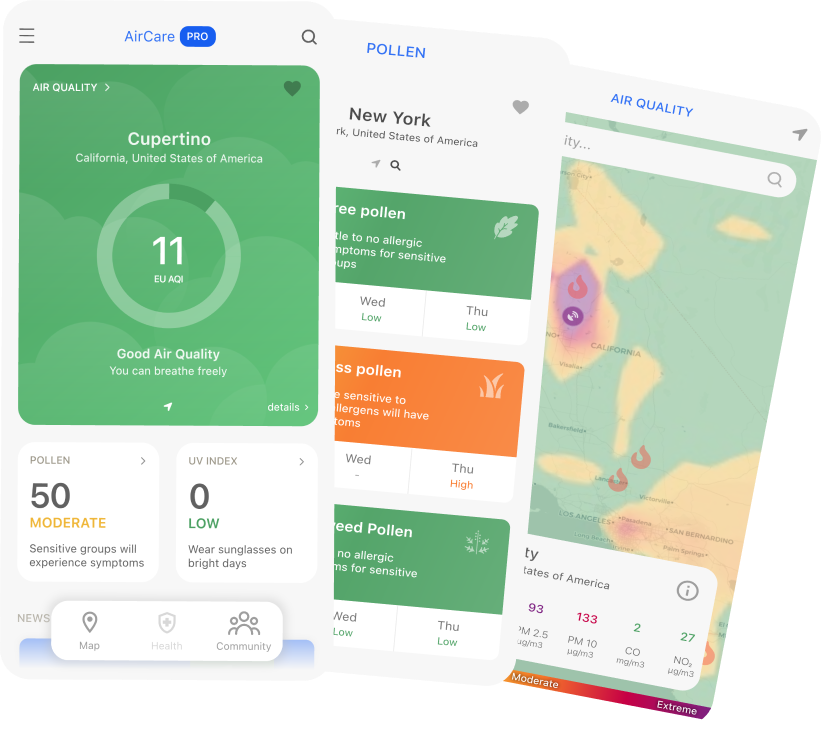
The European Environment Agency says residents of many European cities have been breathing fresh air for the first time, although the cause is appalling – the coronavirus epidemic.
As the world introduces quarantines and strict restrictions on movement, air pollution has been significantly reduced in major cities across the globe. Specifically, the level of pollution has decreased by more than 50% in parts of Europe, according to new figures released by the European Environment Agency (EEA).
In the midst of the coronavirus pandemic, satellite imagery shows that the skies over China and Italy have been more clear than expected, leading humanity to become aware of the damage we’ve done to nature. The same can be observed in the United States, after millions of Americans start to work from home, while schools and public places are closed, leading to reduced traffic.
Decline in NO2
EEA data show a sharp decline in nitrogen dioxide (NO2) pollution, which is mostly emitted by cars, vans, and trucks. Air quality, especially in Italian cities, is cleaner due to the government’s strict lock-in regime. In Milan, NO2 levels have fallen by almost 25 percent over the past month.
Cleaner air in a few months may be of minimal importance to the situation with COVID-19, but in the long run, it will do little to address the problem of air pollution that kills more than seven million people each year.
Stop smoking?
What’s more, people living in high-pollution cities are more likely to have respiratory, cardiac, and other diseases and are therefore more vulnerable to the impact of COVID-19. Doctors recommend that people quit smoking to protect themselves from COVID-19, but what about the millions of people worldwide who are exposed to high levels of air pollution? They can’t just choose to stop breathing. For example, living in Delhi is comparable to smoking six cigarettes a day.
Earth’s wakeup call
Margarita Tolotto, a clean air expert at the European Environment Bureau (EEB), told “Euraktiv” that the coronavirus virus was “definitely a wake-up call, but national governments need to act now to improve air quality.”
“Air pollution is the biggest risk to the state of the environment in Europe, compromising our health and making us more vulnerable. We shouldn’t have had to wait for a dangerous pandemic to cut harmful air pollution.”
Margarita Tolotto – European Environment Bureau
Pollution levels could rise again after locking measures are lifted if factories start operating at full capacity. That is why the programs for economic recovery should respond to the ambitions of the Green Agreement and help build a cleaner, greener, more resilient future.
So far, no one can say how long the COVID-19 crisis will last, but the situation indicates the need for governments, activists, and citizens alike, to work together in combating air pollution and climate change. Only then can we truly protect human health and the planet for the generations to come.
Now ready to know what you breathe? Download AirCare now!






